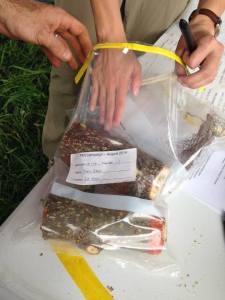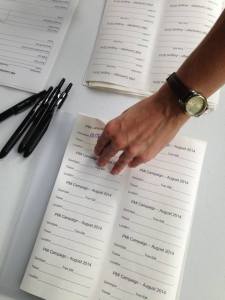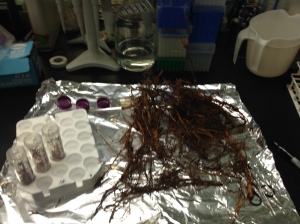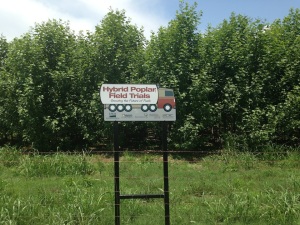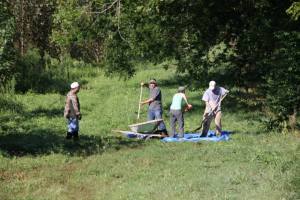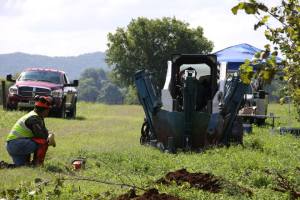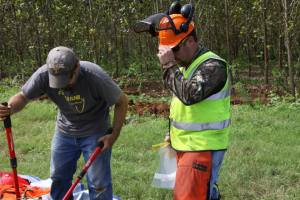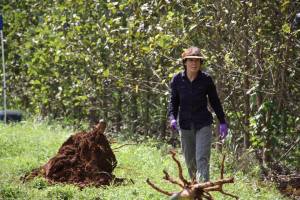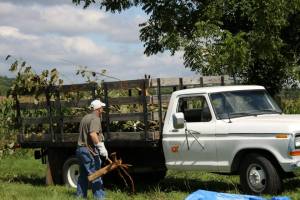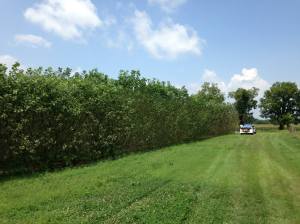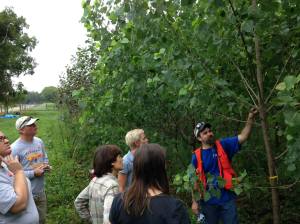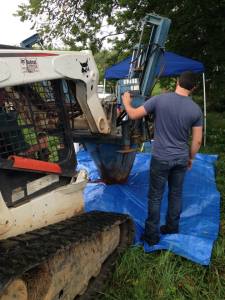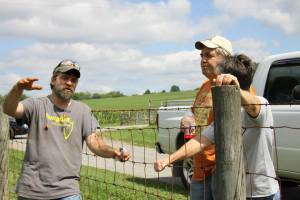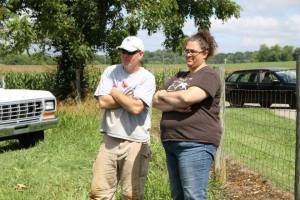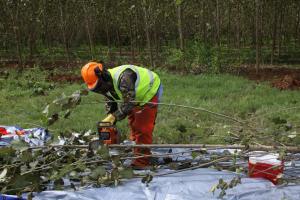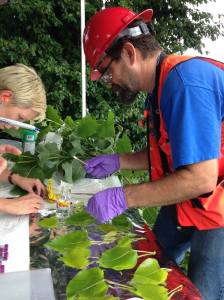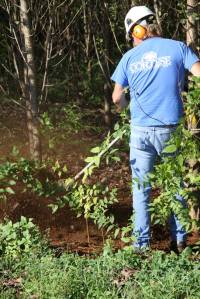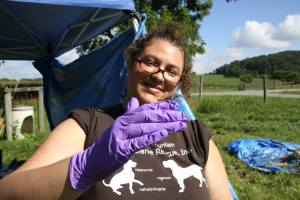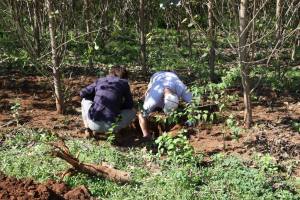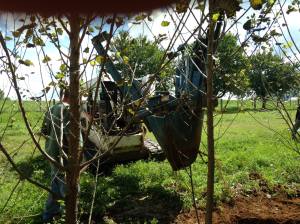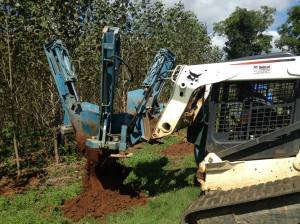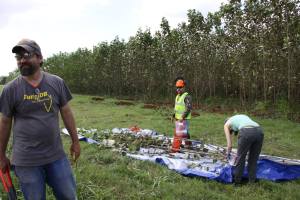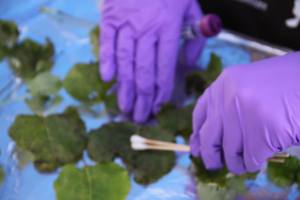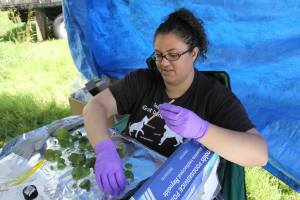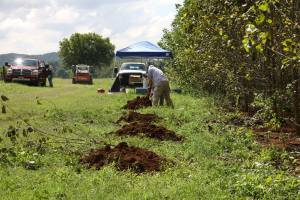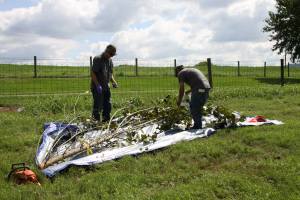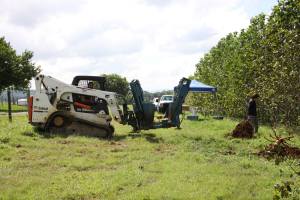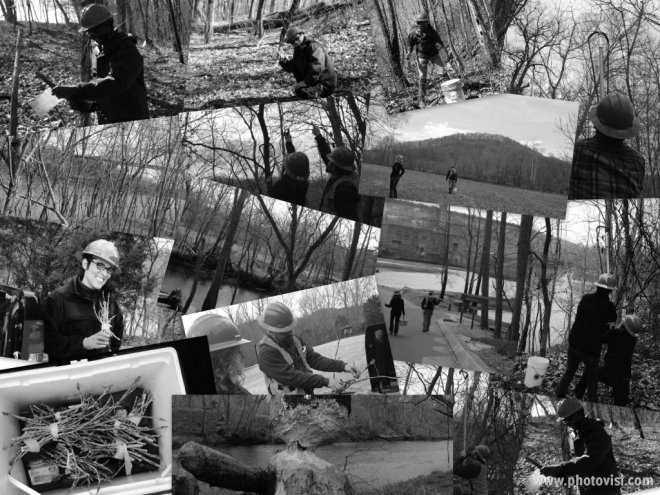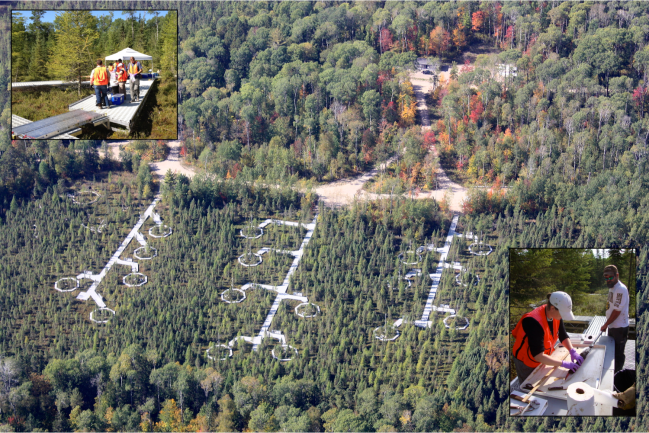Job Posting for Postdoctoral Research Associate – Microbial Community Ecology / NB50510845
The Biosciences at Oak Ridge National Laboratory (http://www.ornl.gov) is seeking a postdoctoral researcher in the area of microbial ecology. The selected candidate will join an international team of investigators focused on understanding ecology of microbial communities as well as their responses to various anthropogenically induced changes (climate, contaminants, land use, etc) in multiple systems. The available project position will focus on understanding community structure and function of microbes associated with Populus tree species as driven by host genotypic and environmental factors [more at: http://pmi.ornl.gov/ ) Research is facilitated by a full range of state-of-the-art equipment/facilities for microbiology, molecular biology, and genomics, in a professional environment with excellent technical support.
Major Duties/Responsibilities: Design, conduct and interpret laboratory and field based research; lead and contribute to the development of scientific manuscripts and proposals. Research is facilitated by a full range of state-of-the-art equipment/facilities for microbiology, molecular biology, and genomics, in a professional environment with excellent technical support.
Qualifications Required: Ph.D. degree in microbiology, ecology, molecular biology, or related fields. Applicant should have demonstrated expertise in both modern molecular ecology methods such as quantitative PCR, DNA sequence analyses, as well as working with the informatics tools for microbiome and metagenomics studies. Demonstrated expertise must include a track record of primary contributions to peer-reviewed publications.
Qualifications Preferred: Priority will be given to applicants with a successful history of interdisciplinary, integrative, and innovative research in this area. Familiarity with software tools for next generation DNA sequence analysis of rRNA and metagenomic microbial datasets as well as the ability to program and script in R, Python or Perl to customize such analyses would also be preferred.
Applicants cannot have received the most recent degree more than five years prior to the date of application and must complete all degree requirements before starting their appointment.
Interested applicants should apply directly through the ORNL carreers website. Applications can not be accepted through email or any other means.
UPDATE- This position has now been filled

